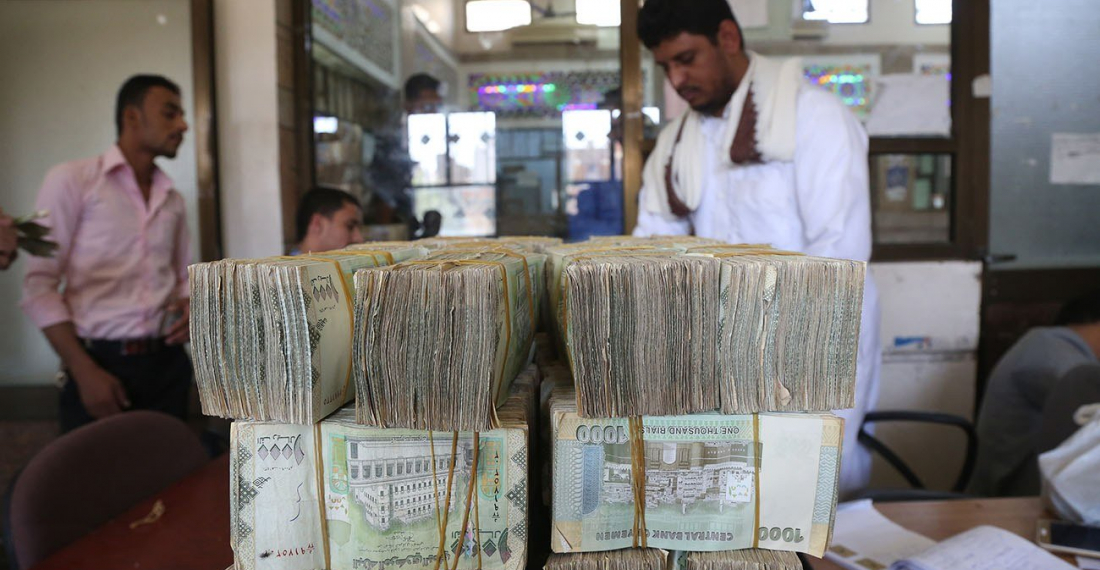Experts and economic researchers expected the Yemeni riyal to continue recovering in relations to foreign currencies, following the formation of national unity government earlier this month. The stabilisation of the local currency is a much-awaited goal in Yemen where many families face an economic crisis due to inflation.
The riyal had in the recent months reached a rate above 900 per dollar and had initially declined to 815 after the announcement of the new government. It currently stands at 670.
Mustafa Nasr, head of the Yemeni Economic Media Center, said, "The recovery in the price of the Yemeni riyal against the dollar and its approach to 650 riyals per dollar is an event that gives rise to optimism, and expectations that it will improve further if the government receives direct external support."
Nasr added in a post on his Facebook account, that "the current improvement is due to the positive political events following the formation of the government and the reactivation of withdrawals from the remaining amounts from the Saudi deposit."
He pointed out that "such developments require an efficient and smart administration that takes these indicators and builds on the practical steps."
In turn, the economic researcher, Khaled Munser, believes that "the aid package promised by Saudi Arabia will help break the 600 riyals per dollar barrier, and the price may reach 550 riyals per dollar if Saudi Arabia fulfils the pledges and is managed properly."
Manser indicated that this improvement "is related to this aid and not to its own revenues in foreign currency, and any breach of pledges or political agreement will have significant effects."







